Japanese biologist Yoshinori Ohsumi won the Nobel Prize in medicine on UKMonday for discoveries on how cells break down and recycle content, a garbage disposal system that scientists hope to harness in the fight against cancer, Alzheimer's and other diseases.
The Karolinska Institute honored Ohsumi for "brilliant experiments" in the 1990s on autophagy, a phenomenon that literally means "self-eating" and describes how cells gobble up damaged content and provide building blocks for renewal.
Disrupted autophagy has been linked to several diseases including Parkinson's, diabetes and cancer, the prize committee said.
"Intense research is now ongoing to develop drugs that can target autophagy in various diseases," it said in its citation.
Ohsumi, 71, from Fukuoka, Japan, is a professor at the Tokyo Institute of Technology. In 2012, he won the Kyoto Prize, Japan's highest private award for global achievement.
Ohsumi said he never thought he would win a Nobel Prize for his work, which he said involved studying yeast in a microscope day after day for decades.
"As a boy, the Nobel Prize was a dream, but after starting my research, it was out of my picture," he told reporters in Tokyo.
"I don't feel comfortable competing with many people, and instead I find it more enjoyable doing something nobody else is doing," Ohsumi added. "In a way, that's what science is all about, and the joy of finding something inspires me."
 Original image has been replaced. Credit: Mashable
Original image has been replaced. Credit: Mashable Nobel committee secretary Thomas Perlmann said Ohsumi seemed surprised when he was informed he had won the Nobel Prize.
"The first thing he said was 'ahhh.' He was very, very pleased," Perlmann said.Nobel judges often award discoveries made decades ago, to make sure they have stood the test of time.
Though scientists have known that autophagy exists for more than 50 years, its fundamental significance was only recognized after Ohsumi's "paradigm-shifting research" on yeast in the 1990s, the committee said.
"Thanks to Ohsumi and others following in his footsteps, we now know that autophagy controls important physiological functions where cellular components need to be degraded and recycled," it said.
The term autophagy was coined in 1963 by Belgian scientist Christian de Duve, who shared the 1974 Nobel Prize in medicine for discoveries on cell structure and organization.
But before Ohsumi's research, scientists "didn't know what it did, they didn't know how it was controlled and they didn't know what it was relevant for," said David Rubinsztein, deputy director of the Institute for Medical Research at the University of Cambridge.
Now "we know that autophagy is important for a host of important mammalian functions." For example, it protects against starvation in the period when a newborn animal hasn't yet started breastfeeding, by providing energy, he said.
It also removes proteins that clump together abnormally in brain cells, which is important in conditions like Huntington's and Parkinson's diseases and some forms of dementia. If autophagy didn't do that job, "the diseases would appear more early and be more aggressive," he said.
Animal studies suggest that boosting autophagy can ease and delay such diseases, said Rubinsztein, whose lab is pursuing that approach for therapy.
 Original image has been replaced. Credit: Mashable
Original image has been replaced. Credit: Mashable "As time goes on, people are finding connections with more and more diseases" and normal cellular operations, he said.
In 1993 Ohsumi published his "seminal discovery" of 15 genes crucial to autophagy, and cloned several of those genes in yeast and mammalian cells in subsequent studies, the Nobel committee said.
"He actually unraveled which are the components which actually perform this whole process," said Rune Toftgard, chairman of the Nobel Assembly. "Having those components at hand were also important tools to ... do functional experiments to understand how important it was for different types of processes in the body."
In Tokyo, Ohsumi said many details of autophagy are yet to be understood and that he hoped younger scientists would join him in looking for the answers.
"There is no finish line for science. When I find an answer to one question, another question comes up. I have never thought I have solved all the questions," he said. "So I have to keep asking questions to yeast."
It was the 107th award in the medicine category since the first Nobel Prizes were handed out in 1905.
Last year's prize was shared by three scientists who developed treatments for malaria and other tropical diseases.
The announcements continue with physics on Tuesday, chemistry on Wednesday and the Nobel Peace Prize on Friday. The economics and literature awards will be announced next week.
Each prize is worth 8 million kronor ($930,000). The awards will be handed out at prize ceremonies in Stockholm and Oslo on Dec. 10, the anniversary of prize founder Alfred Nobel's death in 1896.
 This fat bear's before and after photos are stunning
This fat bear's before and after photos are stunning
 SanDisk announces world's first enormous 1TB memory card
SanDisk announces world's first enormous 1TB memory card
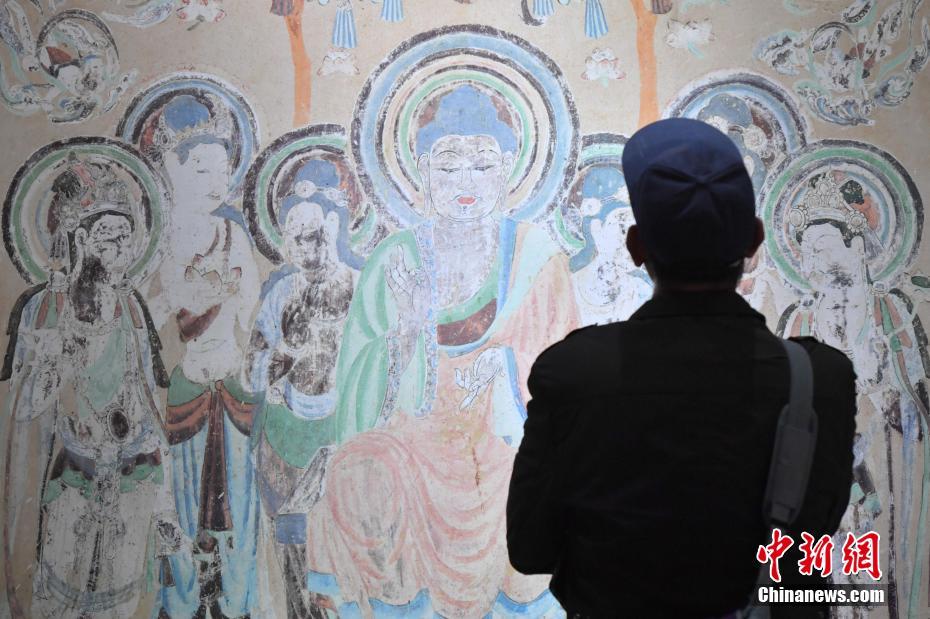 This is why Donald Trump Jr.'s Skittles meme makes no sense
This is why Donald Trump Jr.'s Skittles meme makes no sense
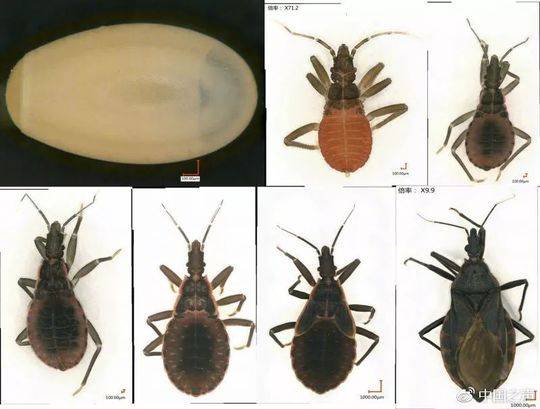 Kendall Jenner just sparked some mean beef with ballet dancers
Kendall Jenner just sparked some mean beef with ballet dancers
 Best keyboard deals: Save on Asus gaming keyboards at Amazon
Best keyboard deals: Save on Asus gaming keyboards at Amazon
 Love is dead: The internet freaks out after Angie breaks up with Brad
Love is dead: The internet freaks out after Angie breaks up with Brad
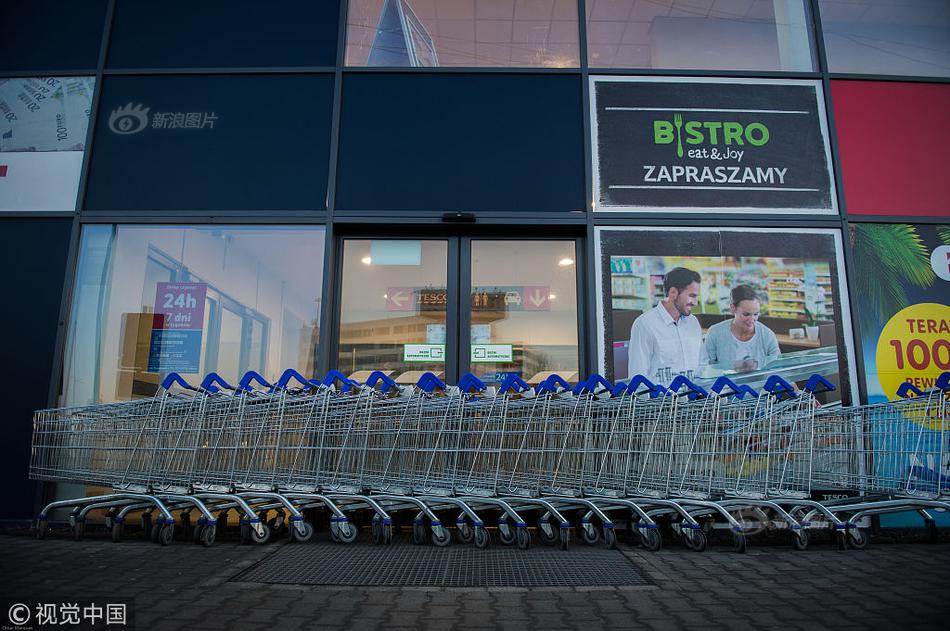 Facebook will livestream a presidential debate for the first time
Facebook will livestream a presidential debate for the first time
 Why queer women everywhere actually enjoyed the 2016 Emmys
Why queer women everywhere actually enjoyed the 2016 Emmys
 Waitin’ on the Student Debt Jubilee
Waitin’ on the Student Debt Jubilee
 Apple will issue software update to fix Lightning EarPods issues, report says
Apple will issue software update to fix Lightning EarPods issues, report says
 Q&A with tendercare founder and CEO Shauna Sweeney
Q&A with tendercare founder and CEO Shauna Sweeney
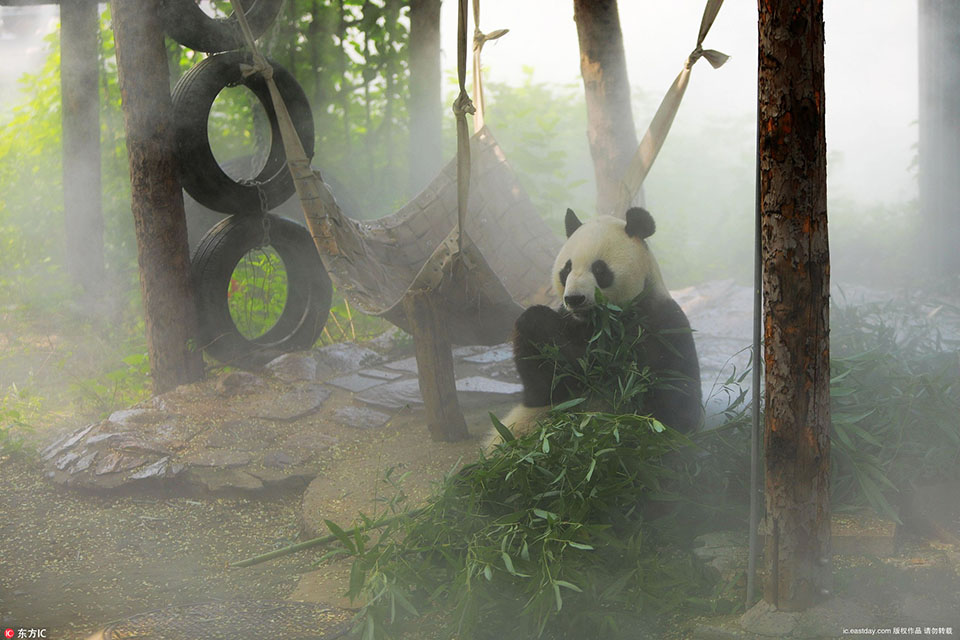 Twitter lays off its global engineering team from India development center
Twitter lays off its global engineering team from India development center
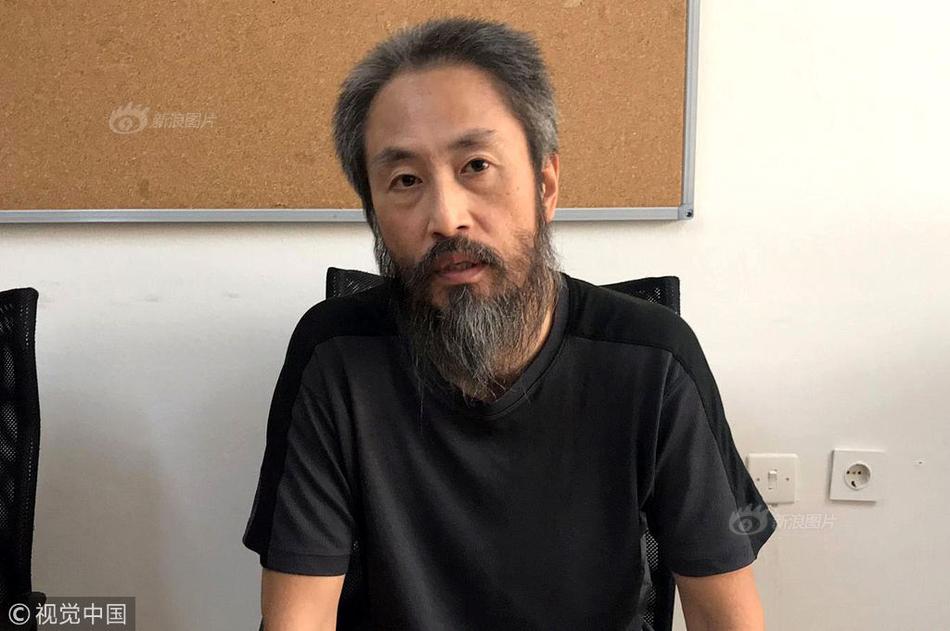 Kendall Jenner just sparked some mean beef with ballet dancers
Kendall Jenner just sparked some mean beef with ballet dancers
 MakerBot unveils first new 3D printers since 2014
MakerBot unveils first new 3D printers since 2014
 How to Settle Down with Dystopia
How to Settle Down with Dystopia
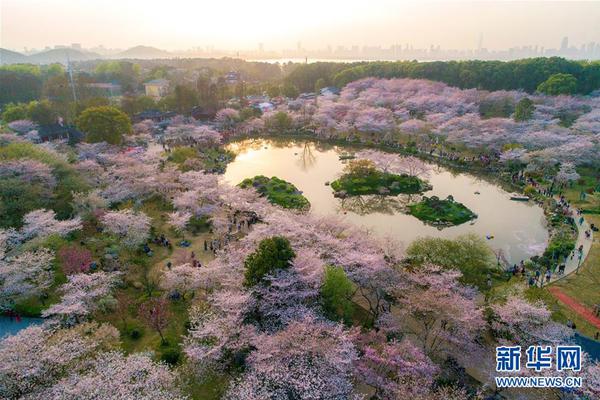 Just 3% of Americans own nearly half of all guns, survey finds
Just 3% of Americans own nearly half of all guns, survey finds
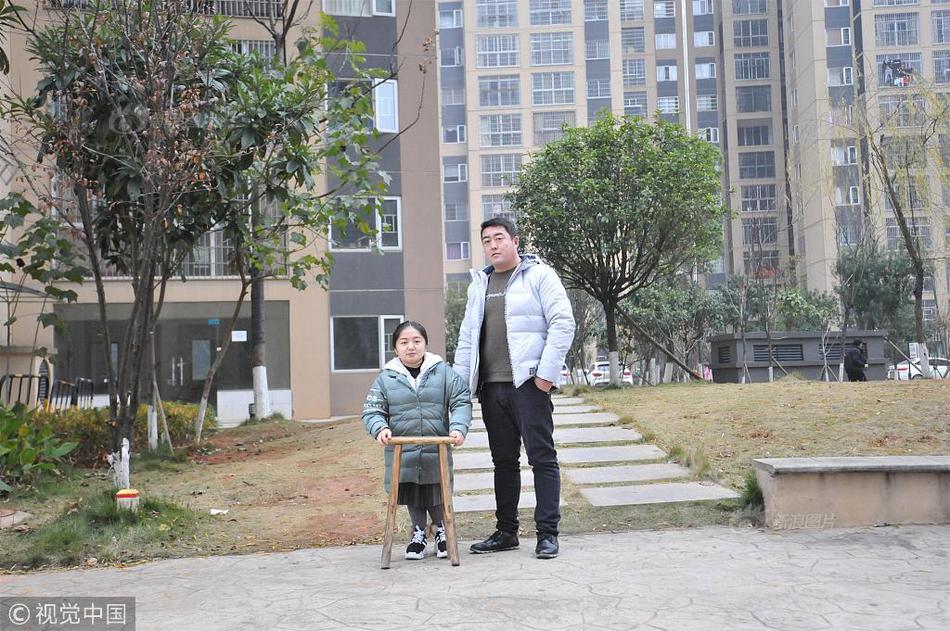 Orphaned koala finds comfort in fluffy toy that looks exactly like him
Orphaned koala finds comfort in fluffy toy that looks exactly like him
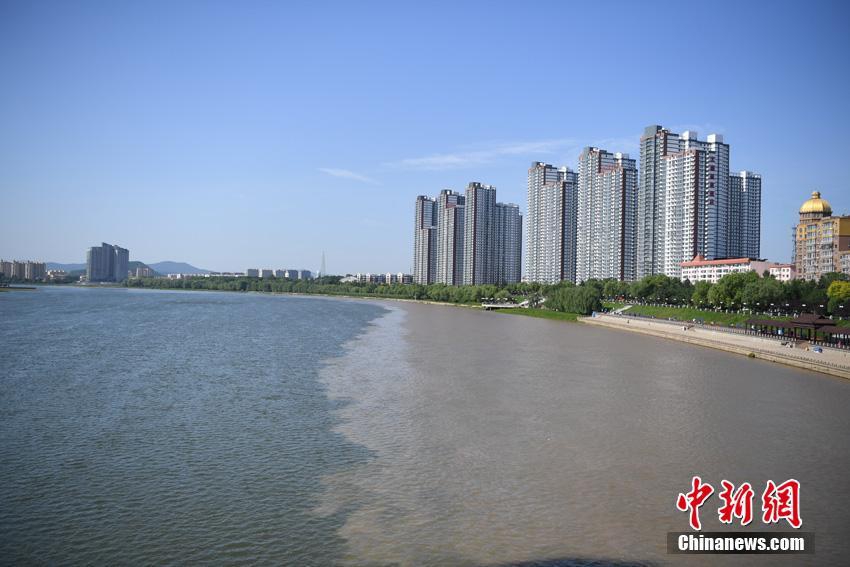 French hitchhiker arrested for flipping out after 4 days without a ride
French hitchhiker arrested for flipping out after 4 days without a ride
 Best vacuum mop combo deal: Save $140 on the Tineco Floor One S5
Best vacuum mop combo deal: Save $140 on the Tineco Floor One S5
 Here are all the rumors why Brad Pitt and Angelina Jolie split
Here are all the rumors why Brad Pitt and Angelina Jolie split
Coziness Porn, and Other News by Sadie SteinRalph Steadman’s Delightfully Deranged Alice in WonderlandGchatting with George Saunders by Katherine BernardSee the 2023 solar eclipse hit Earth in vivid satellite footageHolidays, via The Paris Review by Sadie SteinTimothy Leo Taranto’s illustrated author pun of F. Scott FitzgeraldMakeovers by Sadie SteinPunning on John UpdikeWhat We’re Loving: Mouly, Minneapolis, Marié by The Paris ReviewThe Best Christmas Card Ever by Sadie SteinOur New Year’s Resolution: Travel More by Dan PiepenbringFranzen on Kraus: Footnote 18 by Jonathan FranzenFranzen on Kraus: Footnote 48 by Jonathan FranzenTooting on His Sideways Horn by Dan PiepenbringApollinaire on Trial, and Other News by Sadie SteinThe Morning Roundup for January 16, 2014Holidays, via The Paris Review by Sadie SteinHear Chinua Achebe Discuss Martin Luther King, Jr.Animating the Diary, and Other News by Sadie SteinThe Joyce Lee Method of Scientific Facial Exercises by Justin Alvarez Best gaming deal: Get the Acer Chromebook Plus 516 GE for its lowest price Report: Despite Bluesky’s growth, X remains the platform of choice for news influencers Best headphones deal: Save $50 on the Bose QuietComfort Ultra headphones M3 iPad Air on sale for an excellent price NYT mini crossword answers for May 31, 2025 The viral emotional support kangaroo is an AI creation Air conditioner deal: Windmill ACs are 15% off in this Amazon deal New Disney+ perks program launches for all subscribers Keys vs. Baptiste 2025 livestream: Watch French Open for free NYT Connections hints and answers for May 30: Tips to solve 'Connections' #719. Best tablet deal: Save $50 on Amazon Fire HD 10 tablet The Lego Super Mario Piranha Plant is $12 off at Amazon Save $45 on a year of Spotify when you buy this $99 gift card Best surge protector deal: Get the Anker Surge Protector for 33% off at Amazon Twitch updates: Vertical video and dual streaming Today's Hurdle hints and answers for May 31, 2025 Best tablet deal: Save $100 on the Amazon Fire Max 11 NYT mini crossword answers for June 2, 2025 Everything we know about iOS 26 ahead of Apple WWDC 2025 Best Samsung deal: Take $250 off the price of the Samsung Galaxy S25+ at Amazon